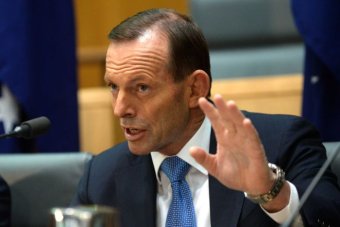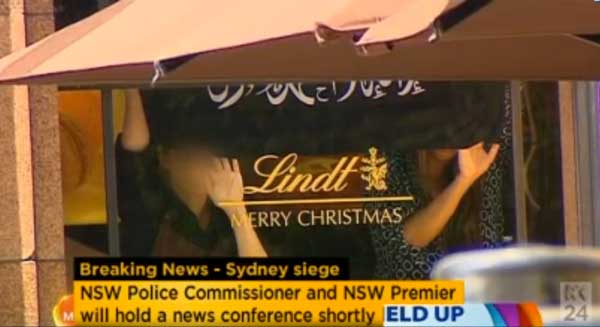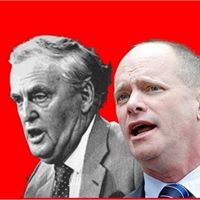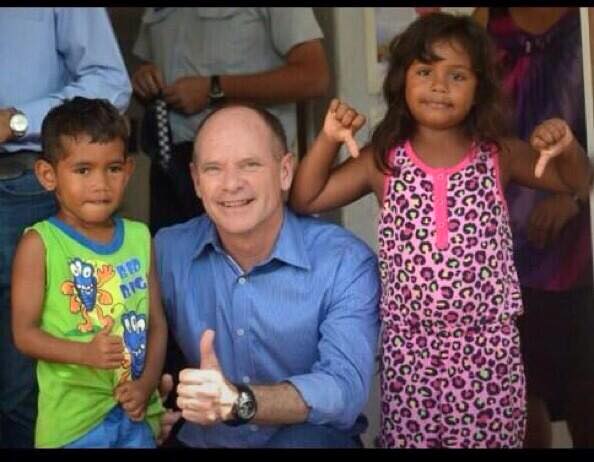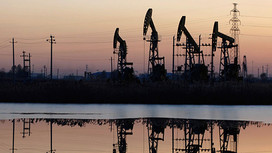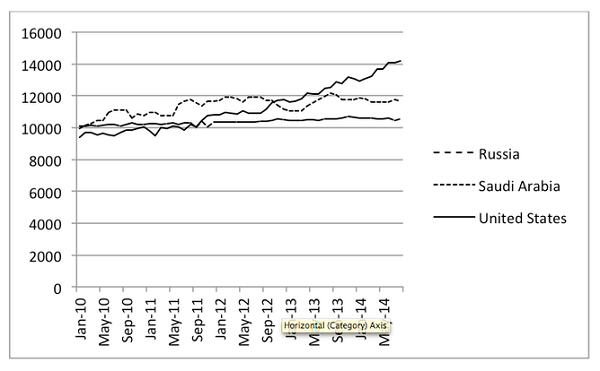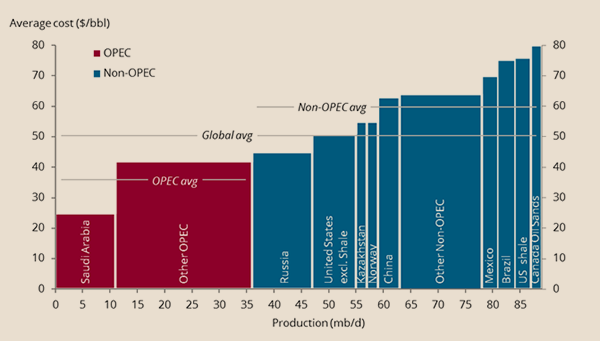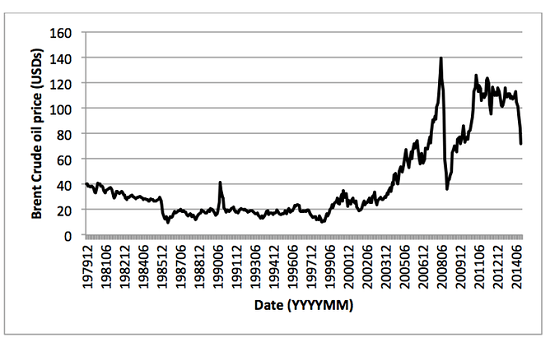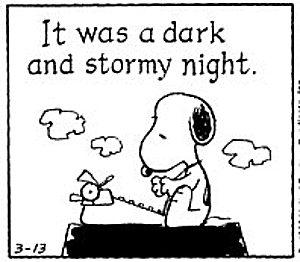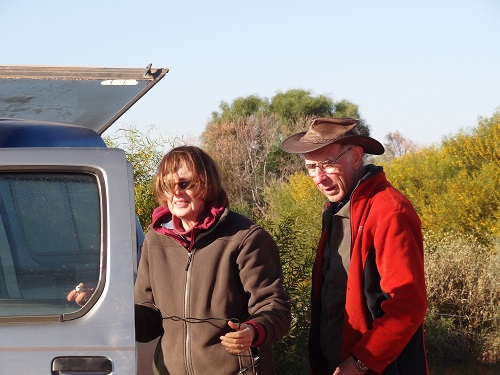
An open thread where, at your leisure, you can discuss anything you like, well, within reason and the Comments Policy. Include here news and views, plus any notable personal experiences from the week and the weekend.
For climate topics please use the most recent Climate clippings.
The gentleman in the image is Voltaire, who for a time graced the court of Frederick II of Prussia, known as Frederick the Great. King Fred loved to talk about the universe and everything at the end of a day’s work. He also used the salons of Berlin to get feedback in the development of public policy.
Fred would only talk in French; he regarded German as barbaric. Here we’ll use English.
The thread will be a stoush-free zone. The Comments Policy says:
The aim [of this site] is to provide a venue for people to contribute and to engage in a civil and respectful manner.
Here are a few bits and pieces that came to my attention last week.
1. Changing skivvies on the Wiggles
Tim Dunlop has done a great piece on the reshuffle. He reckons it’s
like changing who wears which colour skivvy in the Wiggles: it doesn’t make any difference, and they all end up singing the same old tunes.
Tony Abbott is still the Prime Minister. Joe Hockey is still the Treasurer. They are still committed to their budget and its underlying philosophy of market liberalism and a wholesale attack on the pillars of the welfare state.
Let’s focus on that, not which Wiggle is wearing which skivvy.
Dunlop’s big idea, though is that “both major parties have drained the office of prime minister of authority by converging on an economic program that subsumes economic sovereignty into the vagaries of a globalised economy.” Hence:
The office of prime minister is thus less about leading the country than about managing the electorate’s disappointments within that system, and Mr Abbott inherited an electorate hip to the tricks of a political class who have been selling us moonshine – privatisation, deregulation and the rest of it – for the best part of four decades now.
Given that structural issue, though, Abbott has brought his own particular brand of stupid to the role, says Dunlop.
2. 2015 will be basically grim
Mungo MacCallum looks at the political/policy prospects for 2015, and doesn’t like what he sees.
What seems inevitable is that 2015 is unlikely to be any better than 2014: basically grim. The only real question is just who ends up bearing the cost. It may be Abbott himself and it may be the government as a whole. But one way or another we are all going to cop at least a bit of collateral damage.
It all depends on the next budget. If it is verse 2 of the last budget then Abbott is in trouble. He needs a fix “which is dramatic, equitable and above all plausible.” Problem is he won’t shirtfront the rich and powerful. So the rest of us cop it, while being encouraged to spend like blazes to save the economy from recession. Before Christmas they announced cuts in the area of the homeless. Morrison reckons he needs to make welfare sustainable by cutting the bejesus out of it.
So the result is confusion, and pain.
3. Child shoots mum in Idaho Walmart
This has already been linked to elsewhere by Geoff Genderson and zoot, but in case you missed it, a two year-old child has shot and killed his mum in an Idaho Walmart. The boy unzippered her purse, a Christmas gift from her husband with a special pocket to conceal the weapon.
4. Carmichael mine to go ahead
Those hoping that falling coal prices will put an end to the development of the Galilee Basin mega-mine Carmichael will be disappointed.
Sydney-based engineering firm Downer EDI announced late last month it had received two Letters of Award from Adani to build and operate the Carmichael mine.
“The contracts are expected to have a combined value in excess of $2 billion over seven years,” Downer EDI said in a statement.
Adani expects to start building the rail line within the next few months despite not having a mining lease.
Adani reckon that cash costs would fall below $US50 a tonne, making Carmichael one of the cheapest mines in the world.
The mine has:
attracted a conditional debt funding of $1 billion from the State Bank of India and a promise of equity funding of up to $300 million from the Queensland Government for the rail line to Abbot Point.
Adani has also recently attracted an equity partner, POSCO, a Korean company that will build its railway and port as well as hold a stake in the infrastructure.
5. Civil society – more activity, less effect
Michael Edwards is pessimistic about the effect of civil society organisations. The numbers of organisations is impressive and continues to grow, but he thinks civil society organisations are becoming less effective. Problems include co-option, the corporatisation of civil society groups themselves and a lack of carry-through to the structures of power and influence in society.
Some progress is being made around the edges of poverty and injustice.
But there’s no sign that the underlying structures of social, political and economic violence and oppression are being shaken to their roots.
As a result, fewer people in the world are dying young, and basic indicators of health and education, income and employment are getting slightly better – at least for most people in most countries. However, economic inequality is rising, democracies are being hollowed out, climate change is worsening, and discrimination based on race, gender, ability and sexual orientation remains endemic.
Participation in voting and labour unions is falling. Social media and professional advocacy groups have strong messages, but less purchase where it counts.
Sorry!
Sorry about the gloomy line-up above. Maybe I should just pull a blanket over my head and wait the year out!
I did hear today on our ABC a riveting discussion about whether the meat pie typified the Australian cuisine!
